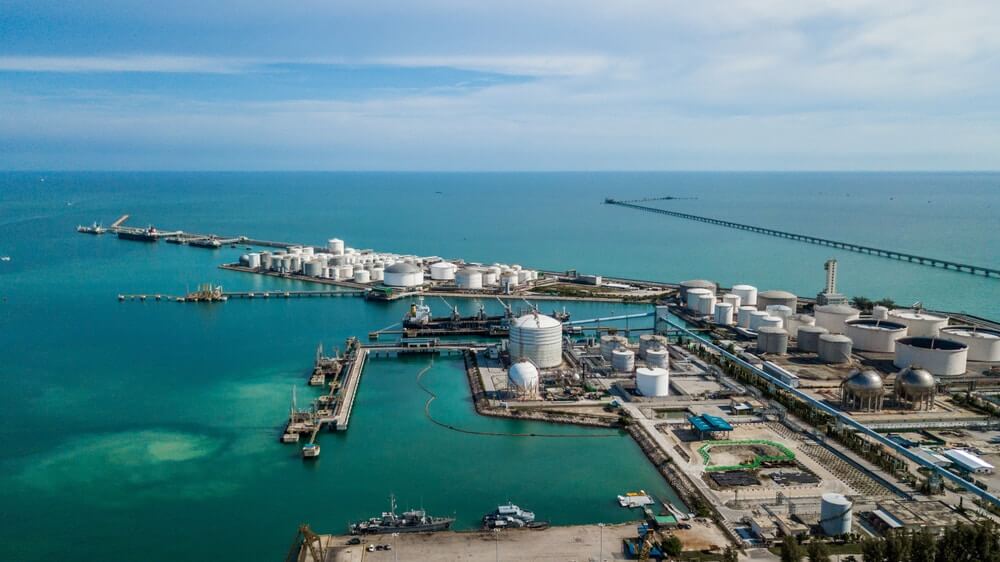
Asia will become the default market for Russian oil
Asia will become the default market for Russian oil as the government seeks clients for its energy exports.
Oil prices have risen sharply since Russia invaded Ukraine in late February, putting pressure on major oil consumers in Asia, such as China and India. Aside from the lower cost of Russian oil, Beijing and New Delhi have strong relations with Moscow.
The West has retaliated financially against Moscow for the invasion, with the United States boycotting Russian crude, the United Kingdom planning to do the same, and the European Union considering similar steps. Russia now has extra oil that is difficult to sell, and the situation expects to worsen. Russia, a member of the OPEC+ coalition, is the world’s largest oil exporter and the world’s second-largest crude oil exporter after Saudi Arabia.
The International Energy Agency (IEA) reported that Russian crude sold at record low prices earlier this month. For the Urals mix, a handful of commodity trading firms recently offered discounts of $30 and $25 per barrel. According to industry insiders, since the beginning of the Russia-Ukraine conflict in early March, there has been a “substantial” increase in Russian oil supply heading for India, and New Delhi seems prepared to buy even more inexpensive oil from Moscow.
Oil volatility
Gulf oil producers, according to the World Bank’s president, might play a crucial role in reducing oil and gas price volatility in the coming months.
Several consuming countries have asked OPEC+ to increase supply more quickly as crude prices have risen to their highest level since 2008, over $139 per barrel this month.
The majority of spare capacity in the OPEC + group, which encompasses petroleum exporting countries and their allies, including Russia, is held by Saudi Arabia and the United Arab Emirates.


